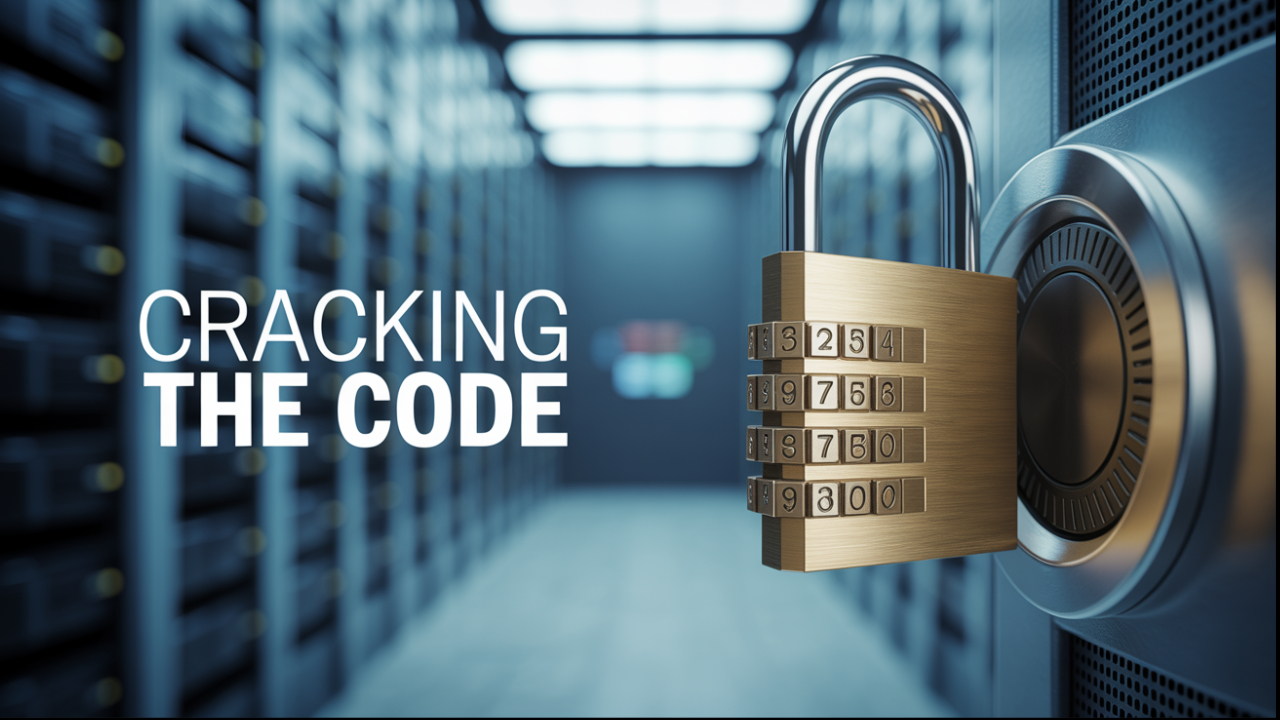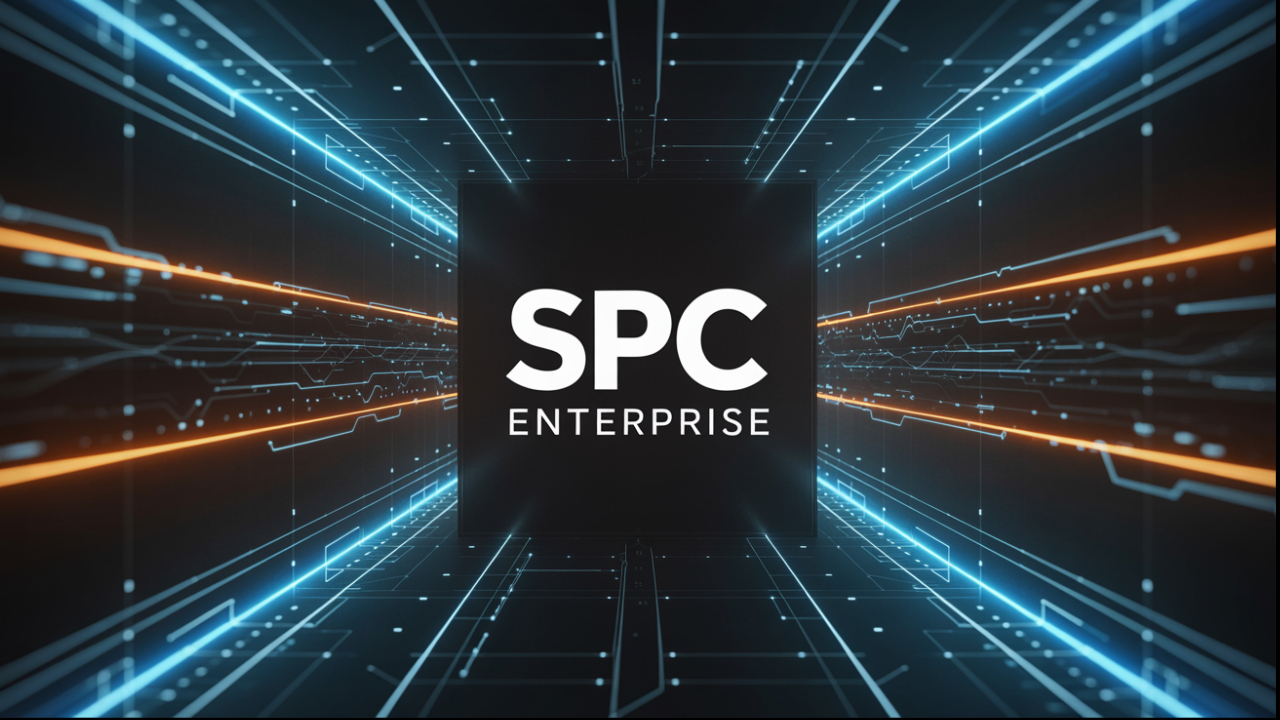Take Back Control of Your Legal & Financial Sovereignty
Become a Secured Party/Creditor & Establish Your Private Trust with SPC University.
Are you ready to step out of the public matrix and into the realm of true privacy and protection?
At SPC University, we guide you through the exact legal processes to
- Reclaim your status as a Secured Party/ Creditor (SPC)
- Separate your assets from your personal liability through a Private Trust
- Protect your wealth, your rights, and your legacy—privately and powerfully
- Step-by-step guided process — even if you're brand new
- Real education, not hype — founded on law, contracts, and due process
- Lifetime access & support — you're not alone on this journey
- Proven results — our clients consistently regain control over their affairs

Competency in Conducting Your Commercial Affairs
The Secured Party/Creditor (SP/C) process serves as a means to demonstrate legal and financial competence. By gaining a working knowledge of Uniform Commercial Code (UCC) principles and asserting creditor status, individuals may enhance their ability to manage personal and commercial affairs with greater authority and strategic insight—particularly in areas involving debt and contractual obligations. While this process is not a universal remedy for all legal challenges, it does offer a broader perspective on the legal system and introduces alternative remedies that are not commonly known or easily accessible.
By becoming a Secured Party Creditor, you:


Assert your legal status outside the jurisdiction of commercial contracts

Gain more control over interactions with banks, courts, and government agencies

Properly file your UCC-1 and navigate the redemption process with expert guidance
What are the "Rules To The Game?"
Yusef El, a prominent educator on commercial and trust law, outlines four fundamental “Rules to the Game” that are central to his teachings on navigating the legal and financial systems. These rules are:
- There Is No Money
- Public and Private Don't Mix
- Stay in Honor at All Costs
- Do Not Participate in Public Plays


Why a Private Trust?
In today’s world, privacy is power. A properly structured Private Trust lets you:
- Shield your assets from lawsuits, taxes, and probate
- Maintain total control without public registration
- Ensure intergenerational wealth with maximum legal protection
Why SPC University Works

Proven Systems
Learn what actually works in eCommerce, digital marketing, personal branding & more.

No Fluff, Just Execution
Actionable lessons that get straight to the point so you can start making money now.

Support That Scales With You
Get access to expert coaches, an engaged community, and weekly Q&As to keep you moving.

Lifetime Access
Revisit any lesson, anytime, as your business grows.
Whether you're launching your first side hustle or scaling to 6+ figures, our step-by-step programs are designed by top-performing entrepreneurs who walk the talk
- This Is About More Than Paperwork — It's About Power.
- Join thousands who have already made the shift from public to private.
- Claim your freedom. Protect your family. Leave a legacy.

What are Public and Private Rights?
In the context of the U.S. Constitution, public and private rights represent different aspects of legal protection and government power:
🔹 Public Rights:
These are rights held by the public as a whole, often involving the relationship between individuals and the government. They typically arise in matters affecting society broadly, such as:
Taxation
Immigration and naturalization
Regulation of interstate commerce
Public land disputes
In public rights cases, the government acts in its sovereign capacity. These disputes may be resolved in administrative courts or through legislative processes, and the Constitution allows for flexibility in how they’re adjudicated.
🔹 Private Rights:
These are individual legal rights rooted in common law or constitutional protections. They typically involve disputes between private individuals or between an individual and the government when the government is acting not as a sovereign but more like a private party. Examples include:
Property rights
Contract disputes
Tort claims (e.g., injury cases)
Constitutional protections (e.g., First Amendment rights)
Private rights must generally be heard in an Article III court (with a federal judge who has life tenure and salary protections), ensuring full constitutional protections like due process.
💡 Key Difference:
The key distinction lies in who the right belongs to and how it’s enforced. Public rights can be addressed through political or administrative processes, while private rights often require judicial determination with full constitutional safeguards.

How the Social Security Number ties you into the Federal System
- The SSN is issued by the Social Security Administration (SSA), a federal agency.
- Its primary purpose is to track earnings for Social Security and other federal benefits.
- By applying for and receiving an SSN, an individual voluntarily enters into a legal and administrative relationship with the federal government.
2. Participation in Federal Programs
- Having an SSN typically means the individual is part of federal programs such as Social Security retirement, disability, Medicare, and federal taxation (IRS).
- This creates ongoing interactions with federal systems, reinforcing the individual’s connection (or “contacts”) with the federal government.
3. Taxation and Legal Jurisdiction
- The Internal Revenue Service (IRS) uses SSNs to track individuals for federal income tax purposes.
- Filing a tax return or receiving federal benefits under an SSN signifies consensual engagement with federal law and regulations.
4. Legal Concept of “Minimum Contacts”
- In legal theory (especially under due process and personal jurisdiction doctrines), “minimum contacts” refers to sufficient ties to justify a government’s exercise of jurisdiction over a person.
- Holding an SSN implies the person has knowingly established legal and economic connections with the federal government—often sufficient to satisfy minimum contacts in federal matters.


About Us
Yusef El, the founder, CEO, and master teacher at Secured Party/Creditor (SPC) University, has been imparting knowledge about business trust law and the secured party process to audiences nationwide for over a decade. In 2018, he introduced SPC University’s online learning platform, which offers self-paced courses in common law and provides access to weekly curated webinars. SPC University stands as a top-tier educational platform, encouraging its members to think independently and take private action.
SPC University – Frequently Asked Questions
Most frequent questions and answers
SPC University is an educational platform that guides individuals through legal processes to reclaim their status as Secured Party/ Creditors (SPC), separate personal assets from public liabilities, and transition from the public to the private realm.
Yusef El, a prominent educator on commercial and trust law, outlines four fundamental “Rules to the Game” that are central to his teachings on navigating the legal and financial systems. These rules are:
There Is No Money
This principle suggests that modern economies operate on credit and debt instruments rather than tangible assets like gold or silver. Understanding this concept is crucial for comprehending how financial transactions and obligations function in today’s monetary system.Public and Private Don’t Mix
Yusef El emphasizes the importance of distinguishing between public (governmental or corporate) and private (individual or sovereign) capacities. Maintaining this separation is vital for preserving one’s rights and operating within the legal framework he advocates.Stay in Honor at All Costs
This rule underscores the necessity of acting with integrity and fulfilling one’s obligations. In the context of commercial law, staying “in honor” means responding appropriately to claims and not engaging in deceitful practices.Do Not Participate in Public Plays
Yusef El advises against engaging in public legal or financial schemes that may compromise one’s private rights. This includes avoiding certain contracts or agreements that could inadvertently place an individual under public jurisdiction.
These rules serve as a foundation for those seeking to understand and navigate the complexities of commercial law and personal sovereignty as taught by Yusef El. For a more in-depth exploration of these concepts, you may refer to his podcast, The Rules to the Game, available on various platforms.
The primary purpose of filing a UCC-1 Financing Statement is to provide public notice—as outlined in UCC §1-202—of a party’s secured interest in specific personal property. This filing establishes a priority lien, effectively “perfecting” the interest and giving it legal precedence over future claims.
This mechanism is particularly relevant in the context of modern financial systems, where money no longer exists in its traditional form. Instead, what functions as money today is largely created through debt—specifically, through the issuance of loans and other financial obligations. In this system, debt serves as a monetary instrument, and many entities seek ways to generate liquidity by creating and leveraging these obligations.
Within this framework, courts can function similarly to banks, in that they generate financial obligations through the issuance of judicial liens. These liens often result from charges brought against United States citizens, who—under the legal interpretation of the 14th Amendment—are presumed to act as sureties for the national debt. This process is sometimes referred to as novation, whereby individuals, knowingly or not, assume liability for public debt.
Section 4 of the 14th Amendment states:
“The validity of the public debt of the United States, authorized by law… shall not be questioned.”
This language has been interpreted to mean that citizens under the 14th Amendment may not legally challenge the legitimacy of the national debt.
When appearing in court, attempting to challenge jurisdiction prematurely is often counterproductive. Such arguments should only be raised to determine the nature of the legal action, consistent with the protections afforded under the 6th Amendment, which guarantees the right to be informed of the nature and cause of the accusation.
As a response to the public debt system, the concept of “Acceptance for Value” (or “Acceptance for Honor”) has been used by some to settle or discharge obligations without engaging in adversarial proceedings. This method is intended to sidestep the legal complexities associated with contesting charges—charges that may ultimately lead to a lien being placed against an individual’s estate upon conviction.
Filing a UCC-1 in this context is viewed by some as a strategic way to establish a priority claim over one’s estate, thereby rendering all subsequent liens junior in priority. As a result, any future claims must first address the preexisting, perfected lien before others can be considered.
Ultimately, this approach is regarded by its proponents as an asset protection strategy, commonly used in commerce and estate planning to safeguard personal and proprietary interests.
Members have access to a wealth of resources, including:
Instructional videos
Live and archived webinars
Self-paced courses
A comprehensive PDF library
A resource center
The Currency Circulator tool
These materials cover topics such as financial debts, banking issues, fines, court appointments, driving offenses, taxation obligations, and understanding one’s inherent rights.
To become a member, visit the Member registration page and complete the sign-up process. The Membership is currently offered at a discounted rate of $49.99 per month, down from the regular price of $119.
SPC University provides non-tangible, irrevocable digital products. Therefore, once an order is confirmed and the product is delivered, refunds are not issued. This policy is in place because it’s not possible to revoke access to digital files once provided.
Cancellations are handled automatically through PayPal. If you cancel your subscription via your PayPal account, SPC University will be notified through the PayPal IPN service, and your membership will be updated accordingly.
For any inquiries or support, you can reach out to SPC University via:
Email: support@spcuniversity.com
Phone: (404) 981-5332
Mailing Address: 2825 Oak Lawn Ave, #192122, Dallas, Texas 75217
For more details, visit the Contact Us page.
Yes, SPC University has minimum browser requirements to ensure optimal performance. Specific details can be found on the Minimum Browser Requirements page.
SPC University provides detailed information on various policies, including:
These documents outline the terms and conditions, privacy practices, refund procedures, and cancellation processes.
10 Maxims of Commercial Law (Rewritten for Clarity)
A claim must be backed by evidence.
Anyone making a claim in commerce must be able to prove it.
You cannot be forced to testify against yourself.
You are not obligated to provide information that could be used against you.
A wrong is not presumed.
Until proven otherwise, people are assumed to be acting lawfully.
Truth, once established, cannot be contradicted.
Once you’ve agreed to something as true, you can’t later deny it.
All commerce is based on mutual agreement.
Contracts and deals must be entered into freely and voluntarily.
Any unchallenged statement becomes accepted as truth.
If someone makes a claim and you don’t dispute it, it stands as fact.
An accepted truth stands as law between the parties.
Agreements made in good faith are binding like law for those involved.
Silence is agreement when there is a duty to speak.
If you’re expected to respond and you remain silent, your silence can imply consent.
He who leaves the battlefield loses by default.
If you don’t respond to or defend against a claim, you automatically lose.
A matter must be resolved before another related issue is addressed.
Disputes must be settled step by step; one unresolved issue can’t be used to argue another.
